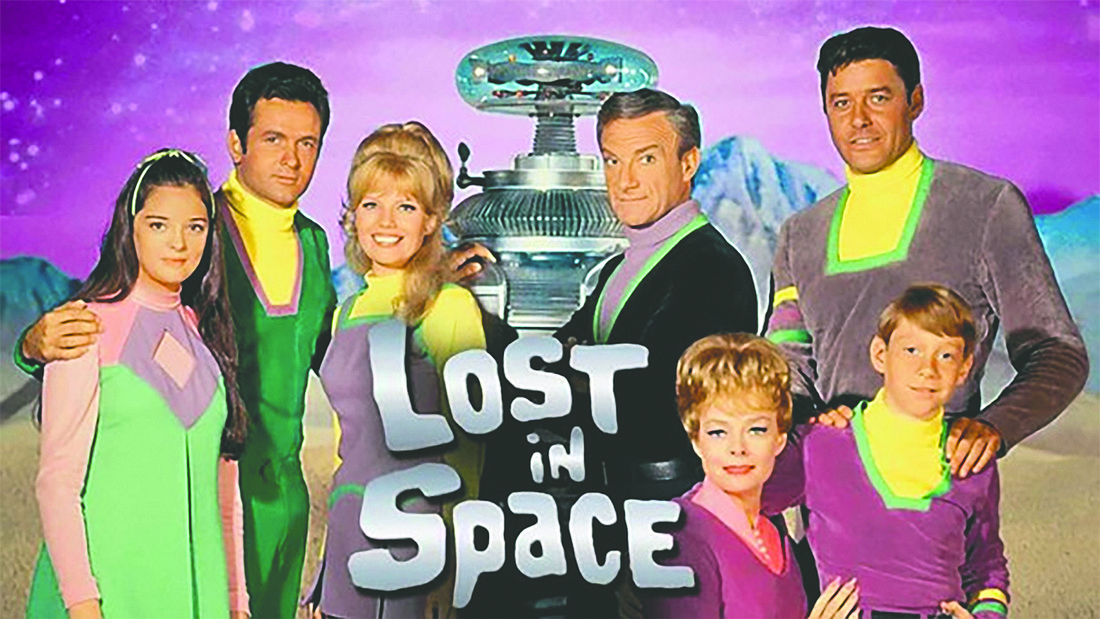
The City Commission approved the Jacksonville Zoo’s purchase of two baby African elephants for $8,500, including the cost of air freight and an attendant from Africa.
Commissioner George Carrison said the acquisition would “greatly round out” the animal population at the zoo.
“Our collection of animals is probably as good as any zoo in the country — not as large, but as good,” he said.
Animal purchases were authorized from a revolving fund, which in 1967 had a balance of $29,000. It was derived from the city’s share of zoo concession sales.
The commission had previously declined to purchase for $6,000 two elephants in West Palm Beach because the Jacksonville Zoo’s consultant, Raymond Gray, said they did not meet zoo specifications.
Jacksonville barbers were in the middle of an argument between parents and their young sons over haircuts in the long-hair age of The Beatles — and the tonsorialists wanted relief.
“We’ve got to do something. It’s awful,” said Vernon Crews Jr., 22, who ran a barber shop at 1559 University Blvd.
“Kids come in and tell us how to cut their hair. Even 8-year-old boys ask for light trims and command us not to touch a hair of their bangs,” he added. “We do as they say and they go home and then their parents come boiling in and crawl all over us for not shearing off more mops.”
The Jacksonville Port Authority’s proposed $111 million revenue certificate issue for development of Blount Island was held unconstitutional by the state Supreme Court.
The bonds, intended to finance construction of facilities to be leased to Lockheed Aircraft Corp., had been validated by the Duval County Circuit Court.
The bond issue was initiated when Lockheed said it would bid for a contract to build fast deployment logistics ships for the Navy, a project for which Congress had not, at the time, authorized an appropriation.
The Supreme Court, in a 4-3 decision, ruled issuance of the certificates would violate the constitutional prohibition against a county, city or district becoming a stockholder in any firm or loaning its credit to anything commercial.
The majority opinion, written by Justice E. Harris Drew, said examination of the record “clearly established that the only public purpose to be served by the project is the promotion of the port and the general welfare of the area served by increasing payrolls, providing employment, etc., which this court has said is not a public purpose as contemplated by our decisions and the constitution.”
Justice Richard Ervin, writing the dissenting opinion, said the act creating the port authority “gave it the power to construct and operate shipping facilities of all kinds, to lease the same, and to solicit shipping and other business and do all things necessary and advisable to promote commerce and increase tonnage. To accomplish these things, the authority is authorized to issue revenue bonds.”
Joining Drew in the majority decision were Chief Justice Stephen O’Connell and Justices Elwyn Thomas and Millard Caldwell. Signing Ervin’s dissent were Justices B.K. Roberts and Campbell Thornall.
The majority said the ban on pledging credit was placed in the constitution in 1875 to stop the practice of public bodies becoming stock or bondholders in railroads, banks and other commercial installations, many of which were poorly managed and failed, leaving the government entities, and eventually the taxpayers, responsible for the debts.